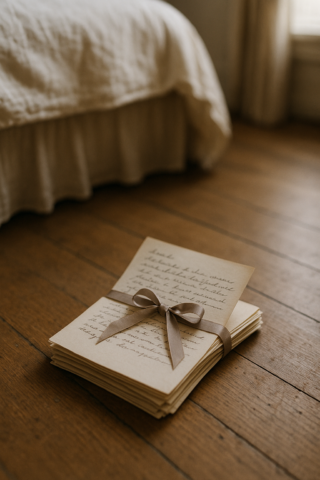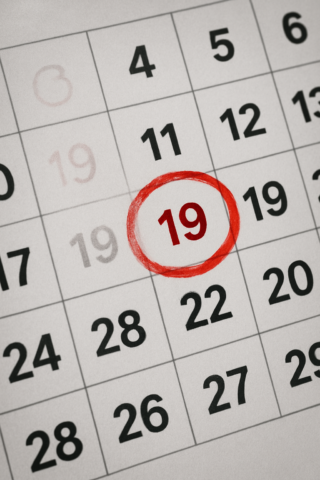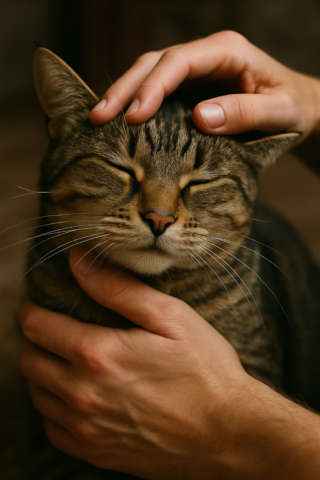
I don’t remember the crash. Not really. What sticks is the rain—first a whisper, then loud enough to drown the music in the car. I remember Mom’s laugh. I remember her teasing me about Nate from chemistry class. I remember the sudden blaze of headlights coming straight at us. And after that? Screaming her name from somewhere outside the car, knees sunk in wet mud, hands covered in her blood. She was lying on the road, twisted, still, her eyes staring past me into nothing. I shook her. I begged her. Then came sirens, voices, hands dragging me away.
One voice said she was driving. I tried to speak. To tell them the truth. But my mouth couldn’t form words, and the world tilted into black.
I woke in a hospital, heavy with pain and confusion. My father—Thomas—was there, a stranger who used to send birthday texts and show up every other Christmas. He put a hand on mine and said, “Hey, kid.” And just like that, I knew. She was gone.
Two weeks later, I was in a house that didn’t feel like home. Julia—his wife—tried hard. She made oatmeal with flaxseeds and smiled too much. I wanted greasy waffles at midnight with Mom, not protein balls and polite cheer. There was a baby here too, Duncan. My half-brother. I refused to even say his name out loud. I didn’t belong in this world they’d built without me.
When court came, I dressed in the same blouse I’d worn to Mom’s funeral. I sat in that cold courtroom and stared at the man who’d killed her—Calloway. Drunk. Reckless. Unforgivable. When they asked what happened, I said, “He hit us.” But then his lawyer stood and asked who was driving. My breath caught. My mouth froze.
It had always been hazy. But suddenly, things sharpened. The weight of the steering wheel in my hands. The feel of her giving me the keys because I asked for a ride. “You dragged me out here, Mae. You’re driving.” Her words, clear now. And then the rain. And the headlights. It was me. I was driving.
I told my father that night. I whispered it through sobs. “I didn’t see him until it was too late.” He didn’t yell. He just held me like it was the first time in years. “It wasn’t your fault,” he said. But guilt is a stubborn thing.
Later, I overheard him telling Julia the truth. He sounded broken. “She’s a stranger to me,” he said. “I wasn’t there.” I pressed my forehead to the wall, biting back tears. Love doesn’t undo distance. It doesn’t fill the gap left by time lost.
In Mom’s old trunk, I found a letter she’d written to my dad a year before she died. She’d asked him in ink if he was finally ready to be a real father. “Maybe, if you try, she’ll let you in.” Her words weren’t full of certainty. She had doubts too. Somehow, that gave me permission to have mine.
The verdict came: Calloway took a plea. Less time. Full admission. It didn’t feel like justice, but at least it was truth. That night, I whispered to Mom’s photo, “I’m sorry. I love you.” And for the first time, I felt like maybe she heard me.
The next morning, there were waffles on the table. Real ones. Butter. Syrup. Julia just shrugged. “Don’t tell the other vegans,” she said, sipping her tea. And I smiled. A real smile.
That weekend, I told Dad I wanted to start over. I wanted to know my brother. I wanted to paint his nursery. I wanted to try Julia’s weird food. I wanted to try being part of something again.
Dad pulled me into a hug. For the first time, I let him. Maybe this life—this messy, unfinished, imperfect life—could be home. Maybe healing doesn’t come all at once. Maybe it arrives in moments. A letter. A hug. A plate of waffles. A mural painted for someone too young to understand, but one day, maybe he will.
And maybe, so will I.


